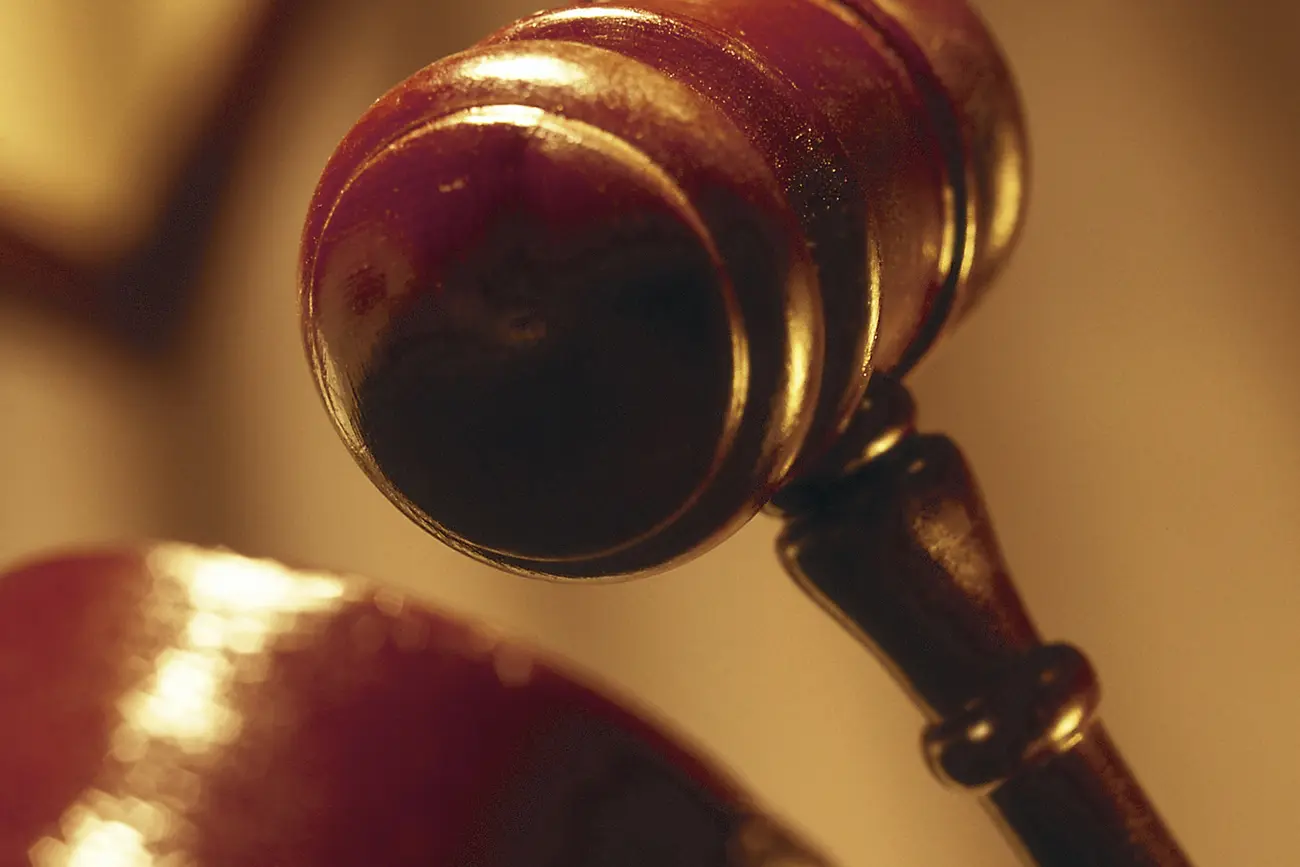
To be a lawyer in Zimbabwe prepared to act for those who find themselves targeted by Zimbabwean authorities, and more particularly ZANU PF authorities, must be among the most courageous and conscientious decisions any person can make. Not only, as a lawyer, must you anticipate that there is very little liklihood that your client will get a fair hearing, let alone relief from the courts, but you have to reckon with the pronounced risk that you yourself will be targeted only for carrying out your professional duties.
Human rights lawyers like Alec Muchadehama have been persecuted in the past. Organisations such as as Zimbabwe Lawyers for Human Rights have been similarly targeted. Earlier this year, Zimbabwe’s most prominent human rights defender, Beatrice Mtetwa, was arrested and detained in the course of attempting to represent her clients — members of the political opposition. And now, demonstrating that the elections herald no change, that a culture of repression and authoritarianism is set to continue, and that despite token espousal of the rule of law there will be no meaingful implementation of such an order, Zimbabwe High Court judge Chinembiri Bhunu has ordered that lawyers acting for Morgan Tsvangirai in the matter of Tsvangirai v Chairperson of the Electoral Commission and others be subjected to punitive action by the attorney general and prosecuting authority.
You can read the judgment here: Bhunu judgment
It is ironic that Judge Bhunu makes an outrageous punitive order directed at the lawyers ostensibly to protect the integrity of the judiciary when there can be no surer way of bringing the courts into disrepute than by having a judge issue orders in clear contravention of the uniformly recognised and upheld principles protecting the legal profession.
The UN Basic Principles on the Role of Lawyers stipulate that “lawyers shall not be identified with their clients or their clients’ causes as a result of discharging their functions.” Furthermore, “lawyers shall enjoy civil and penal immunity for relevant statements made in good faith in written or oral pleadings or in their professional appearances before a court.”
Judge Bhunu’s ire was provoked by the inclusion in the papers submitted before the court by Tsvangirai of the statement that the ‘judiciary is not independent from the executive, and politically, from ZANU PF’ – as well as the uncontroversial claim that President Mugabe appointed numerous judges to the High Court, Supreme Court and Constitutional Court without consulting then Prime Minister Tsvangirai, in violation of the Global Political Agreement (GPA) and the new constitution.
According to Judge Bhunu, these statements amount to an attack on the dignity and integrity of the judiciary.
It is worth recalling that last month Judge Bhunu reserved judgment in an application for the discharge of 28 MDC-T activists accused of involvement in the murder of a police inspector in 2011. The prosecution in the case relies on the controversial doctrine of “common purpose” to impute liability to the activists — a doctrine that became notorious in apartheid South Africa for its use in targeting persons and groups opposing apartheid. Last week, one of the MDC-T activists, Rebecca Mafukeni died in detention.
This entry was posted in Blog, Nicole Fritz, Zimbabwe and tagged Judge Chinembiri Bhunu; Tsvangirai v Chairperson of the Electoral Comission and others; UN Basic Principles on the Role of Lawyers, Zimbabwe. Bookmark the permalink.



